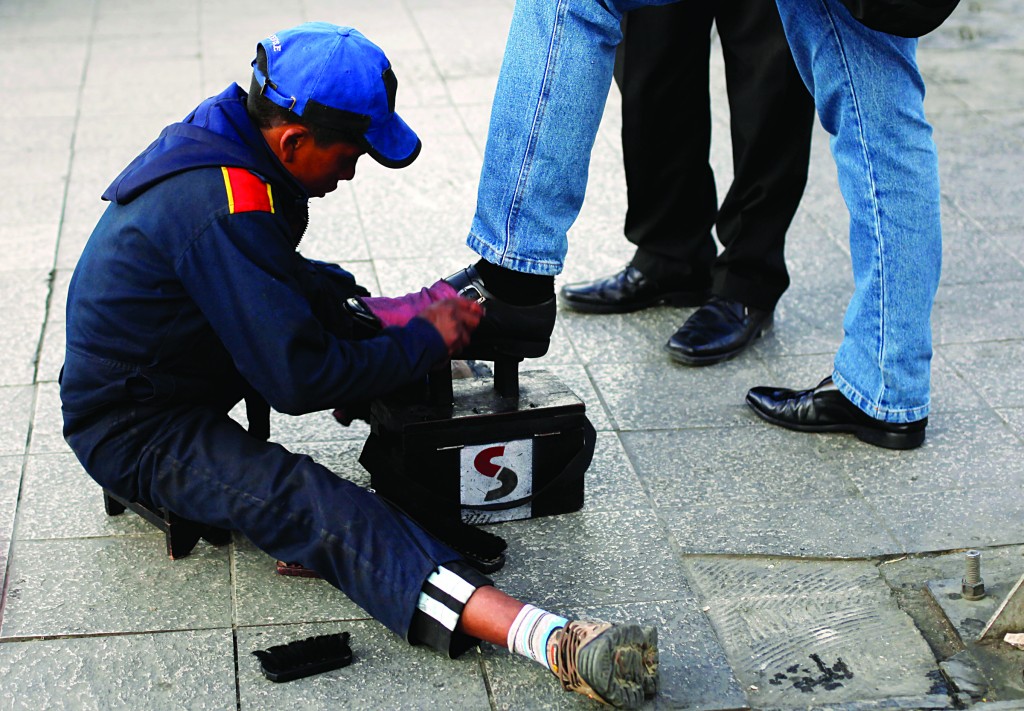Bolivia on Verge of Legalizing Work From Age 10

Alicia weaves through El Alto’s stalled traffic under a blazing sun, hawking colorful woven flowers to grumpy drivers and passersby.
With luck, the 12-year-old and her mother will together muster $18 by day’s end, all the while keeping watch over her younger brother and sister, ages 8 and 6.
“It is difficult for my mother to sell alone because she has to look after my siblings,” said Alicia, who normally goes to school in the afternoon but is using her vacation to help her mother by working the entire day. As her siblings sleep, her mother knits the flowers that Alicia sells.
While most of the world is trying to diminish child labor, Bolivia is on the verge of becoming the first nation to legalize it from age 10. Congress has approved the proposal and all that’s now required is President Evo Morales’s signature.
The bill’s sponsors say lowering the minimum work age from 14 simply acknowledges a reality: Many poor families in Bolivia have no other choice than for their kids to work. The bill offers working children safeguards, they say.
“The president gave us his support. He also worked as a boy, herding llamas,” said Rodrigo Medrano, head of the Union of Boy, Girl and Adolescent Workers.
Jo Becker, the children’s rights advocacy director at New York-based Human Rights Watch, disagrees.
“Bolivia’s move is out of step with the rest of the world,” she said. “Child labor may be seen as a short-term solution to economic hardship, but is actually a cause of poverty.”
This article appeared in print on page 4 of edition of Hamodia.
To Read The Full Story
Are you already a subscriber?
Click "Sign In" to log in!

Become a Web Subscriber
Click “Subscribe” below to begin the process of becoming a new subscriber.

Become a Print + Web Subscriber
Click “Subscribe” below to begin the process of becoming a new subscriber.

Renew Print + Web Subscription
Click “Renew Subscription” below to begin the process of renewing your subscription.








